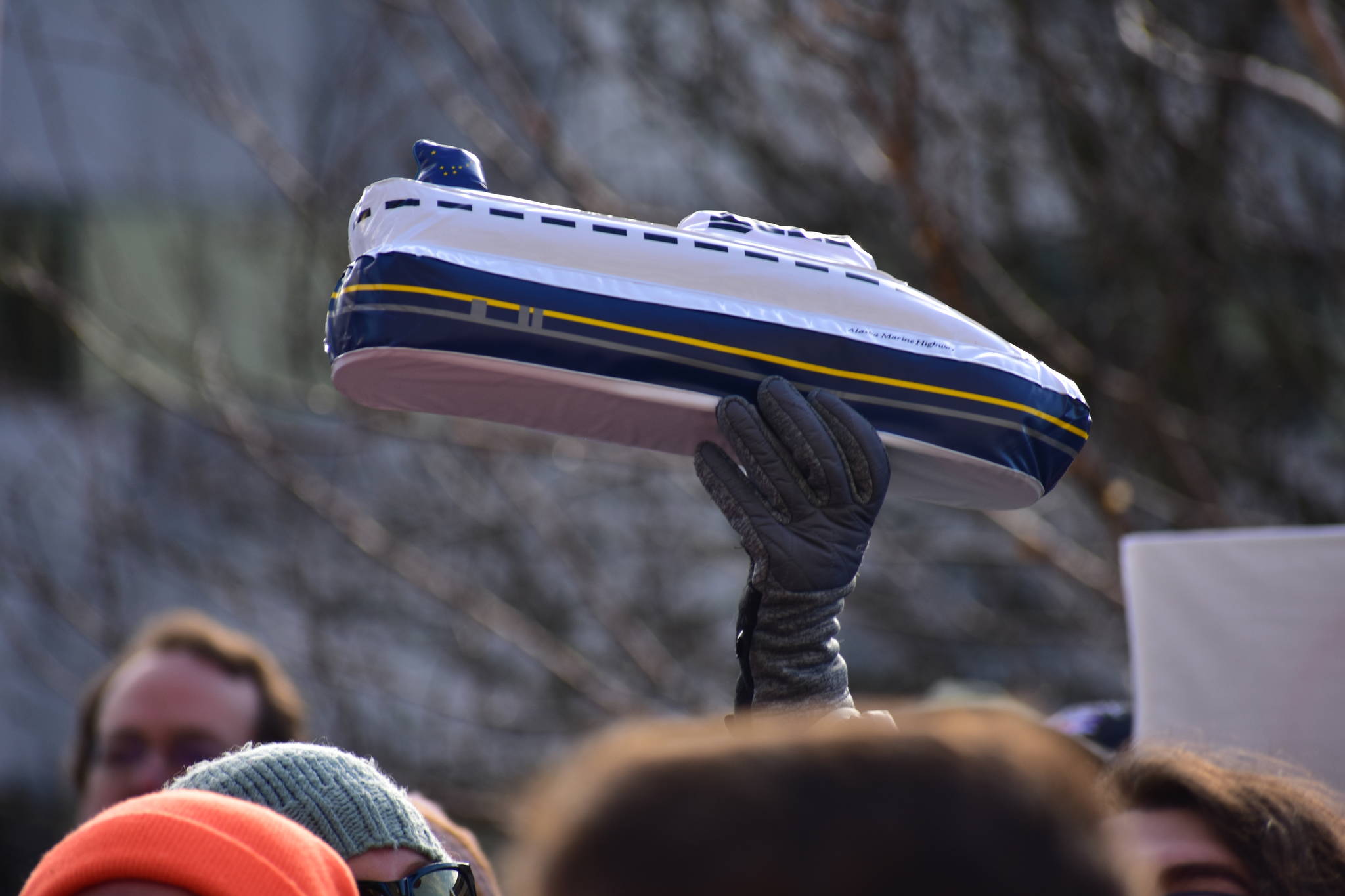By Tom Barrett
As the marine highway workgroup strides into August, I want to provide an update on what we have been doing, and where we are heading. Our meetings have been streamed live on Facebook, and recordings are available online at http://dot.alaska.gov/comm/amh-reshaping-workgroup/ if you wish to hear our specific discussions.
In line with Gov. Mike Dunleavy’s Administrative Order No. 313, we have reviewed the Northern Economic draft report of January 2020 as well as reports prepared for Southeast Conference. We heard from the experts who drafted the reports, current ferry system management and union representatives. We received input from tribal representatives, coastal communities, residents, commercial operators and the Alaska Municipal League. We continue to seek direct input and expect to hear from the Marine Transportation Advisory Board, the Coast Guard and Alaska shipyards. We invite and have received public comments during our meetings via email and will continue to do so. We will also focus one or more workgroup meetings to solicit direct public feedback in coming weeks. I appreciate the high level of public interest in our meetings and welcome people to tune in on future ones. Our workgroup conversations and questions are candid and robust.
We have heard and appreciate that the Alaska Marine Highway System has helped build businesses, lives, and communities in coastal Alaska. It connects communities to each other and to broader transportation systems. It provides enduring value to our state.
[Lawmarkers add $18 million to ferry budget]
We have heard that reliable, predictable service that communities and businesses can plan around is a fundamental need. The current system design and operation does not meet that need. Moreover, there does not appear to be a scenario where the overall system could be operated at a profit by a commercial operator. Even with substantial changes, continuation of the AMHS will likely require some level of state subsidy. And that level must also accommodate overall state budget challenges.
The level of ferry service that is essential for ferry-served communities remains unclear in some cases. I appreciate it is difficult for anyone to admit that one could do with less, but that is a reality we confront. It is a hard call but a necessary one and a particular area we continue to seek input on. What service level can you live with if the service you receive is more reliable and predictable?
Fundamental changes to AMHS involving multiple stakeholders will be necessary for the system to sail confidently into the future. The workgroup’s concerns and recommendations are coalescing around system governance, budget and budget planning, essential service levels, fleet makeup, maintenance, cost structure, and business practices. But, in the end, it is the will to embrace fundamental change to the status quo that will determine the future of Alaska’s ferry system.
Most Alaskans can relate to the expression “The easy day was yesterday.” That rings true for the Alaska Marine Highway System. However, with the will to work together to implement fundamental change, Alaska can have a more reliable marine highway system, operating at less cost and providing coastal communities transportation that helps support their fundamental economic, educational, social, health, and mobility goals.
As we work to shape our recommendations and complete our report, we welcome your continued input by email at DOT.AMH-Reshaping@alaska.gov.
• Tom Barrett is chairman of the Alaska Marine Highway Reshaping Work Group. He previously led the Coast Guard’s Alaska operations and recently retired as the longest-serving president of the Alyeska Pipeline Service Co.Columns, My Turns and Letters to the Editor represent the view of the author, not the view of the Juneau Empire. Have something to say? Here’s how to submit a letter to the editor or My Turn.

